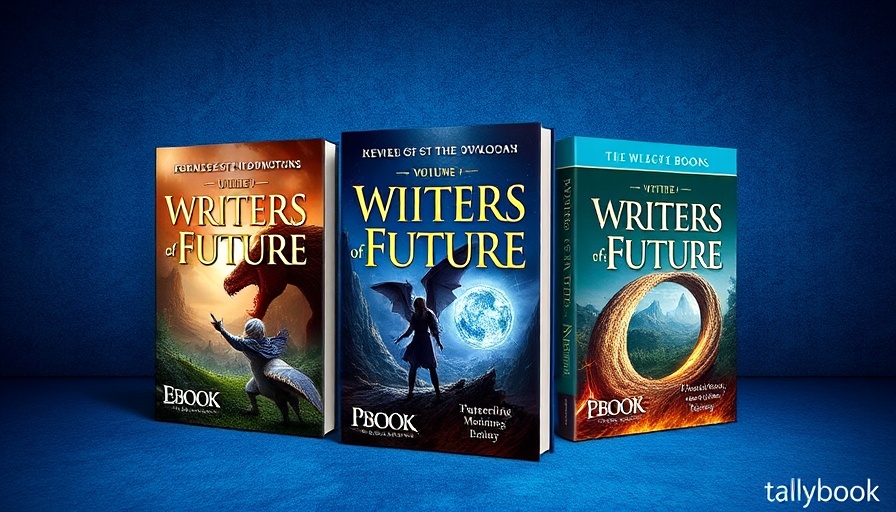
Writers of the Future Volume 41 Achieves Accessibility Certification
The announcement of the eBook version of “L. Ron Hubbard Presents Writers of the Future Volume 41” achieving accessibility certification marks a significant milestone in the realm of literature. This initiative, championed by organizations like Born Accessible, is not merely a technical feat but a crucial step towards inclusivity, allowing those with disabilities to engage fully with literature.
The Importance of Accessibility in Literature
With over 1 billion individuals worldwide experiencing some form of disability, the call for accessible literature is more pressing than ever. The World Wide Web Consortium (W3C) has set international standards aimed at ensuring that everyone, irrespective of their physical limitations, can access and enjoy a wealth of information. For writers and publishers, creating accessible content isn't just about compliance; it's about broadening their audience and fulfilling their ethical responsibilities.
A Shift Towards Inclusivity in Publishing
John Goodwin, president of Galaxy Press, reflects on the significance of this movement. “This is our third Writers of the Future volume to be certified accessible,” he states, emphasizing the commitment to inclusivity that underpins this project. Accessibility is not merely about adjusting the format; it’s about acknowledging and dismantling barriers that prevent meaningful engagement with literary works.
Understanding Print Disabilities
In a revealing interview on the Writers of the Future Podcast, Michael Johnson, VP of Content at Born Accessible, outlines the categories of print disabilities, from blindness to various disabilities that affect reading capabilities. The statistics he presents are sobering: approximately 20% of the global population faces some form of reading restriction. This data urges authors and publishers to rethink their strategies, lest they alienate a significant portion of potential readers.
The Historical Context of Accessibility in Publishing
Since the inception of the Writers of the Future contest in 1983, the focus has been on nurturing the aspirations of fledgling writers and illustrators. Initially designed to spotlight new talents, the contest has evolved to embrace the challenge of accessibility, reflecting a broader societal shift towards recognizing the rights and needs of individuals with disabilities. The imperative to publish accessible materials illustrates a long-overdue transformation in the industry.
Actionable Insights for Writers and Publishers
As we celebrate the achievement of the latest volume in the Writers of the Future series, there lies a pressing question for content creators: how can they contribute to this momentum? The answer is simple yet impactful: by prioritizing accessibility in each phase of their work. This includes utilizing adaptable formats, engaging editors who understand accessibility standards, and advocating for inclusivity in their writing communities.
Building a Future without Barriers
With the rise of technologies and methodologies that promote accessible content, the literary landscape is poised for a major transformation. By adopting inclusive practices, publishing houses and independent authors alike can ensure that everyone has the opportunity to experience the joy of storytelling. As we move forward, let us remember that each page turned is a step towards a more equitable society where everyone’s voice counts.
In conclusion, the certification of “Writers of the Future Volume 41” as accessible literature is more than a notable achievement; it serves as a beacon for the future of publishing. Embracing accessibility not only enhances our collective experience of literature but also upholds the democratic principles of equality and community.
As professionals in this ever-evolving landscape, it’s crucial to advocate for, and implement strategies leading to, accessible literature. Together, we can create a vibrant, inclusive literary world where no one is left behind.
Take Action Today! For all writers and readers alike, join the movement towards making literature accessible. Consider how you can contribute, whether by advocating for accessible content, engaging with inclusive communities, or educating yourself about the needs of readers with print disabilities.
 Add Row
Add Row  Add
Add 




Write A Comment